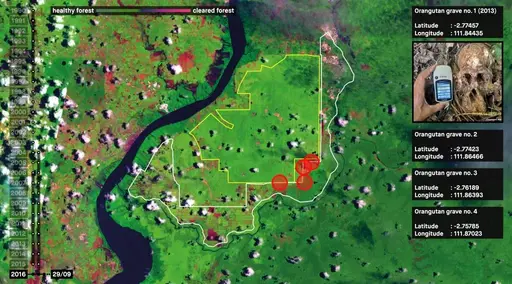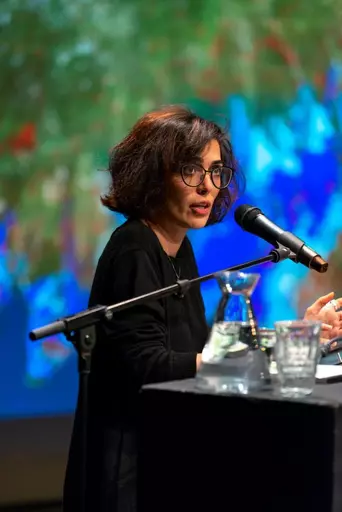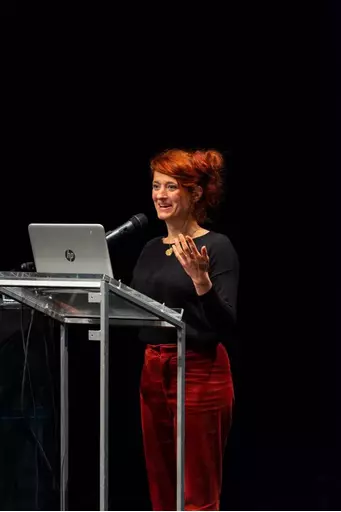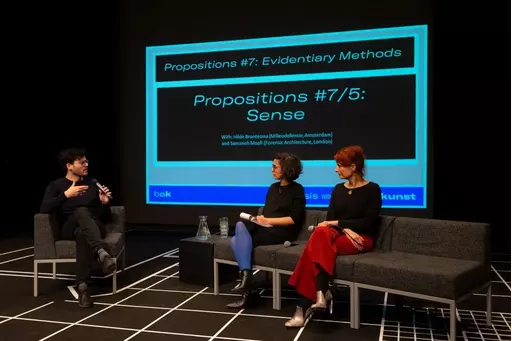
Made possible by
With Samaneh Moafi (Forensic Architecture, London) and Hilde Brontsema (Milieudefensie, Amsterdam)
Satellite images have become increasingly prevalent in contemporary culture and are a privileged means of representing and understanding the changes that are taking place on our planet on a territorial scale. Yet their smoothness belies the complexity—not to mention the politics—of the underlying photographic apparatus capable of capturing, stitching, and disseminating such images. Taken to represent evidence for climate change, for instance, fields of pixels must be rendered into tangible information. While promising truth, these processes of interpretation lead to spaces of contestation.
Focusing on the evidentiary method of remote sensing, Samaneh Moafi presents Ecocide in Indonesia, 2016, an investigation into the 2015 fires in Kalimantan and Sumatra that consumed over 21,000 square kilometers of forest and peat lands. Hilde Brontsema presents Friends of the Earth Netherlands vs. Royal Dutch Shell, 2008–ongoing, a legal case in which four Nigerian citizens are taking Shell to court over oil spills that had polluted their fields and their fish farming ponds.
Part of Propositions #7: Evidentiary Methods
Propositions #7: Evidentiary Methods—the public program in the context of the exhibition Forensic Justice and part of the BAK series Propositions for Non-Fascist Living (2017–2020)—expands upon the notion of forensic justice in a series of lectures, screenings, and workshops on methodologies for articulating claims within the multidimensional space of aesthetics, law, architecture, politics, and ecology. The series deepens the understanding of works by, or made in collaboration with, Forensic Architecture, including investigations that are not presented in the exhibition. Focusing on techniques and innovative evidentiary methods at the intersection of law, art, politics, and the changing media landscape employed in the forensic practice, the gatherings create a space for dialogue and exchange between concrete cases examined by Forensic Architecture and other ongoing political struggles in the Netherlands and beyond. The series is conceived in collaboration with Nick Axel (architectural theorist, Amsterdam).



Long-Term ProjectPropositions for Non-Fascist Living